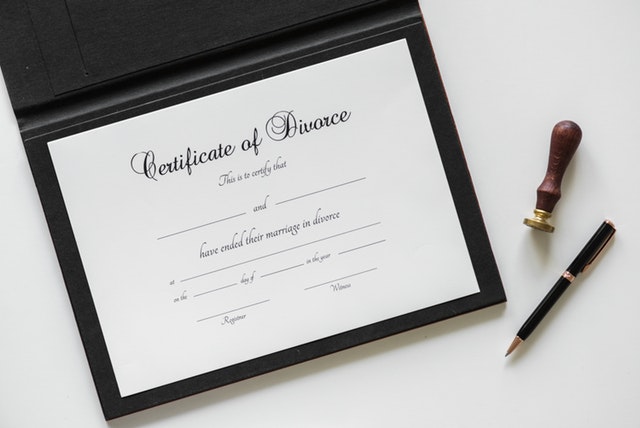 Divorce or separation is a challenging time, and amidst the emotional and logistical complexities, handling mortgage issues can add another layer of stress. For many couples, their home represents not just a financial investment but a symbol of stability and security. However, when relationships break down, decisions about homeownership become crucial. Here is some guidance on how to navigate mortgages during a divorce or separation.
Divorce or separation is a challenging time, and amidst the emotional and logistical complexities, handling mortgage issues can add another layer of stress. For many couples, their home represents not just a financial investment but a symbol of stability and security. However, when relationships break down, decisions about homeownership become crucial. Here is some guidance on how to navigate mortgages during a divorce or separation.
Communication is Key: Open and honest communication between partners is crucial when it comes to mortgage matters. Discuss your options openly and try to reach a consensus on what to do with the family home. Whether it’s selling the house, buying out one partner’s share, or continuing joint ownership for a period, clarity is essential.
Understand Your Mortgage: Take the time to review your mortgage documents thoroughly. Understand the terms and conditions, including any clauses related to divorce or separation. Knowing your obligations and rights regarding the mortgage will help you make informed decisions.
Explore Your Options: There are several options available when it comes to dealing with the mortgage during a divorce. Selling the house and splitting the proceeds is one common approach. Alternatively, one partner may choose to buy out the other’s share, refinancing the mortgage in their name alone. Another option is to continue joint ownership for a certain period, allowing time for market conditions to improve before selling.
Consult Professionals: Seeking advice from legal and financial professionals is highly recommended. A divorce attorney can help you understand the legal implications of various decisions and ensure that your rights are protected. Additionally, a financial advisor can provide valuable insights into the financial implications of different options and help you make sound decisions for your future.
Consider the Long-Term Financial Impact: When making decisions about the family home, consider the long-term financial implications for both parties. Can one partner afford to keep the house on their own? Will selling the house provide enough funds to secure alternative housing? These are important questions to consider when evaluating your options.
Prioritize Emotional Well-being: Divorce is emotionally taxing, and decisions about the family home can be emotionally charged. It’s essential to prioritize your emotional well-being throughout the process. Seek support from friends, family, or a therapist to help you navigate this challenging time with resilience and grace.
Plan for the Future: Once you’ve resolved the mortgage issues related to your divorce, it’s important to focus on rebuilding your financial future. Create a budget, set financial goals, and develop a plan to achieve them. Whether it’s saving for a new home, investing for retirement, or starting a new chapter in your life, having a clear financial plan can provide a sense of direction and stability.
Remember, while navigating mortgages during a divorce can be challenging, it’s essential to approach the process with patience, empathy, and a focus on finding solutions that work for both parties. By communicating openly, seeking professional advice, and prioritizing your long-term financial well-being, you can navigate this transition with confidence and emerge stronger on the other side.
 Divorce can be an incredibly emotional and financially stressful time. Questions about what happens to assets and the family home add to the anxiety. Each state has divorce laws that differ and that can complicates decision-making.
Divorce can be an incredibly emotional and financially stressful time. Questions about what happens to assets and the family home add to the anxiety. Each state has divorce laws that differ and that can complicates decision-making.